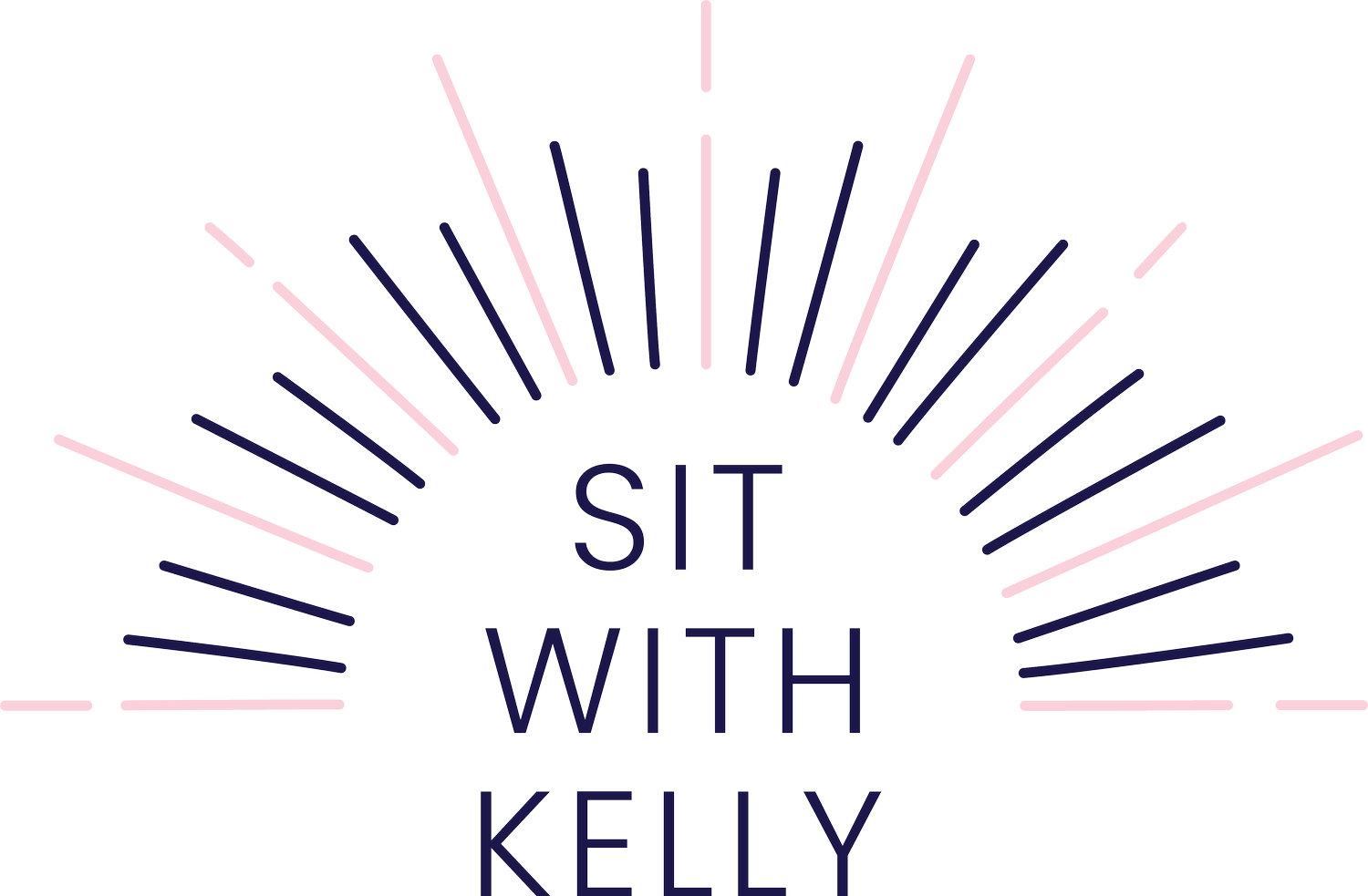The Burden of Praise for Early Achievements and the Weight of Expectations
After sharing a brief thought on this topic in a recent Instagram reel, I was overwhelmed by your responses. It turns out so many of you could relate and wanted to know what to do about it. Whether it's academics, sports, or the arts, praise for early achievements sets a precedent, and this blog is for all of us who have felt the pressure that comes with it.
When we're recognized early in life as "exceptional," it can feel like we're carrying a banner that reads, "Always be brilliant." But what happens when we're just...ourselves? This blog explores how early labels can shape our psyche and strategies to reshape our narrative.
The Power of Praise
and Feedback
Did you ever get called "smart," "talented," or "gifted" as a kid? It sounds like a compliment, right? But sometimes, these labels come with heavy strings attached. Early praise can lead us to believe our abilities are fixed—what we're born with is what we'll always have.
This isn't just about getting good grades. Whether it's scoring goals in soccer or being the first to master a piano piece, the impact of being labeled "the best" early on can skew our self-view, either padding our confidence to unrealistic levels or, paradoxically, filling us with dread that we can't live up to our own hype.
Unpacking the Impact
of Praise for
Early Achievements
Positive reinforcement is crucial, yet it might neglect the effort involved when it's based solely on outcomes (like winning a prize or acing a test). This sets the stage for a mindset that undervalues persistent effort and overvalues natural ability.
Let's explore how this early praise influences our self-esteem and motivation, alongside struggles like high-functioning anxiety, performance anxiety, and procrastination.
Understanding Fixed and Growth Mindsets
Here's the scoop: in the matter of praise for early achievements, not all mindsets are created equal.
Dr. Carol Dweck, a professor at Stanford's Graduate School of Education, found that praising a child's outcome could lead to panic and anxiety. With phrases like "You're so smart," children continually praised for their abilities may internalize the message that they are smart all the time– or should be.
In contrast to building confidence and feeling empowered the way they might through effort-based praise, early ability praise can lead them to become risk-averse. They might develop what Dweck terms a "fixed mindset," afraid to challenge themselves out of fear of not meeting parental expectations.
A fixed mindset assumes that traits like our intelligence, character, and creative ability are inherent —givens that we can't change. On the flip side, a growth mindset thrives on challenge and sees failures not as evidence of unintelligence but as starting points and springboards for growth, stretching our existing abilities and encouraging flexibility in thinking.
Switching from a fixed to a growth mindset can transform your outlook on life, boosting your resilience to adversity and your ability to see challenges as opportunities to learn rather than terrifying risks of failure or exposure as a fraud.
High-Functioning Anxiety
The Seeds of Anxiety in Early Achievement
High-functioning anxiety often stems from the high expectations set early in life. When children are praised excessively for their achievements and not their efforts, they may develop a fear of making mistakes, as their self-worth becomes intertwined with their success. This can lead to a lifetime of striving to meet an impossible standard.
Over time, these individuals may constantly seek validation through achievement yet never feel satisfied with their accomplishments. This relentless pursuit can mask underlying insecurities and perpetuate a cycle of anxiety and stress. Interestingly, research suggests that children praised for ability reported significantly more anxiety than the children praised for effort, highlighting the complex effects of well-intentioned encouragement.
If you were heavily praised for your ability as a child, you might appear perfectly composed and successful on the outside. Still, internally, you are often plagued by worry that you are a fraud—not doing enough, not efficient enough, or not as good as others perceive you to be. This internal conflict can be exhausting and detrimental to mental health, making it hard to enjoy your achievements or engage in genuine self-reflection and growth.
Symptoms and Signs of High-Functioning Anxiety
This condition might manifest as relentless worry about performance, difficulty sleeping, or a tendency to over-plan and control every detail. It can also appear as physical symptoms such as gastrointestinal issues, headaches, and an unrelenting sense of fatigue, driven by the constant effort to maintain a façade of competence and success.
The Role of Therapy in Managing High-Functioning Anxiety
Therapy can change the game for those grappling with high-functioning anxiety. A couple of approaches that stand out include Cognitive Behavioral Therapy (CBT), which zeroes in on those tricky, distorted thought patterns we sometimes get stuck in and helps develop hands-on skills to manage anxiety. Meanwhile, psychodynamic therapy goes a bit deeper, exploring the roots of anxiety that often stretch back to childhood experiences.
Seeing a therapist is like having a safe space to unpack feelings of inadequacy and learn healthier ways to cope. It's also a chance to separate your self-worth from your achievements and embrace a kinder, more forgiving view of yourself. Therapy isn't just about getting through the rough patches—it's about building lasting emotional resilience and finding a more balanced approach to life.
Procrastination and Performance Anxiety
Let's talk about procrastination. It's often mislabelled as laziness, but it's more about fear—fear of not meeting those sky-high standards we set for ourselves. Performance anxiety kicks in when we're about to enter the spotlight, whether presenting a project or competing in a final match. It's that voice saying, "You're not ready, you'll never be ready," and it can paralyze even the most prepared among us.
Performance anxiety and procrastination can diminish our ability to enjoy our successes. They often create a disconnect between our efforts and the outcomes, leading us to question our capabilities and worth.
Beyond Early Achievement Praise: Building Resilience Through Changed Perceptions
Embrace Challenges as Opportunities
Have you ever felt overwhelmed by the thought of taking on a new challenge? It's a common feeling, but what if we saw these challenges as opportunities instead? Embracing challenges isn't about toughening up but shifting our mindset to value learning over flawless performance.
Learn from Constructive Criticism
We all can relate to how badly criticism can sting. It's natural to feel that way, but what if we could turn that sting into something productive? Constructive criticism is a goldmine of information. Instead of bracing for impact, try listening openly. What can this feedback teach you? We are more likely to grow and learn when we treat feedback as guidance rather than criticism.
Learning to view feedback objectively can radically change how we approach new ventures. It helps us understand that feeling inadequate sometimes is normal and doesn't define our overall capabilities.
How to Overcome Imposter Syndrome and High-Functioning Anxiety
Apply Cognitive Techniques
Do you ever doubt your qualifications? It happens to the best of us. When that thought creeps in—"I'm not qualified for this—write it down and consider its impact on your anxiety and procrastination. Counter it immediately with real evidence of your qualifications and past successes. Regular practice can make a big difference. Also, remember that making mistakes is part of the learning process. Seeing them as natural learning opportunities rather than failures can change your perspective on life and growth.
Practice Mindfulness
Mindfulness might sound trendy, but it's genuinely transformative. It involves staying present and engaged without judgment. Whether through focused breathing, meditation, or even a mindful walk, mindfulness helps center your thoughts and calm anxiety. By focusing on the now, you can break free from the cycle of worry about past performances or future challenges. How about giving it a try next time you feel overwhelmed?
Establishing Realistic Goals
The idea of goal-setting can be daunting, but the key is to break your ultimate objectives into smaller, manageable pieces. This approach makes your tasks seem more achievable and provides frequent moments of accomplishment along the way, boosting your confidence and easing feelings of being overwhelmed.
Enhancing Self-Worth and Personal Growth
Do What You Love
Success comes more naturally when you're genuinely enthusiastic about what you do, whether it's hobbies or career endeavors. Allow genuine interest and passion to be the backbone of your choices and pursuits.
Appreciate and Utilize Your Core Strengths
We all have core strengths—innate abilities like reasoning, solving problems, or connecting emotionally with others. These abilities are inherently imperfect but infinitely improvable. Recognizing and valuing these strengths, even if they're still developing, can help you use them to achieve goals and positive outcomes. Have you identified your core strengths? How can you use them to make a difference or overcome a challenge?
Detach Self-Worth from External Validation
How often do you find yourself seeking approval from others? It's a common trap, but your worth isn't tied to your performance or others' approval. By developing a sense of self-worth independent of external, early achievements, you can focus on doing your best for its own sake. This shift in mindset can make your interactions more authentic and impactful, enriching your personal and professional life.
Implementing these strategies can create a strong foundation for managing anxiety, enhancing self-worth, and promoting personal growth. Each strategy offers a way to understand better and improve how you interact with the world around you, leading to a more fulfilling and balanced life.
Choosing a Journey of Learning and Growth Over Praise
Remember, our praise for early achievements shouldn't hold us back as we grow older. Instead of viewing talent and intelligence as fixed traits defined by early successes, let's see them as expandable qualities we can develop through perseverance and resilience. This shift is not just about changing our vocabulary—it's a transformative way to embrace life, freeing us from even the best-intentioned chains of past labels.
Please share your experiences and strategies in the comments below as we continue this conversation. How have you moved beyond the early praise or criticism to shape your own path? We're all in this together, learning from each other and continuously growing every step of the way. Let's not let the past define what we can achieve today and in the future.
Remember: this post is for informational purposes only and may not be the best fit for you and your personal situation. It shall not be construed as legal, financial, or medical advice. The information and education provided here is not intended or implied to supplement or replace professional advice of your own attorney, accountant, physician, or financial advisor. Always check with your own physician, attorney, financial advisor, accountant, or other business or medical professional before trying or implementing any information read here.



